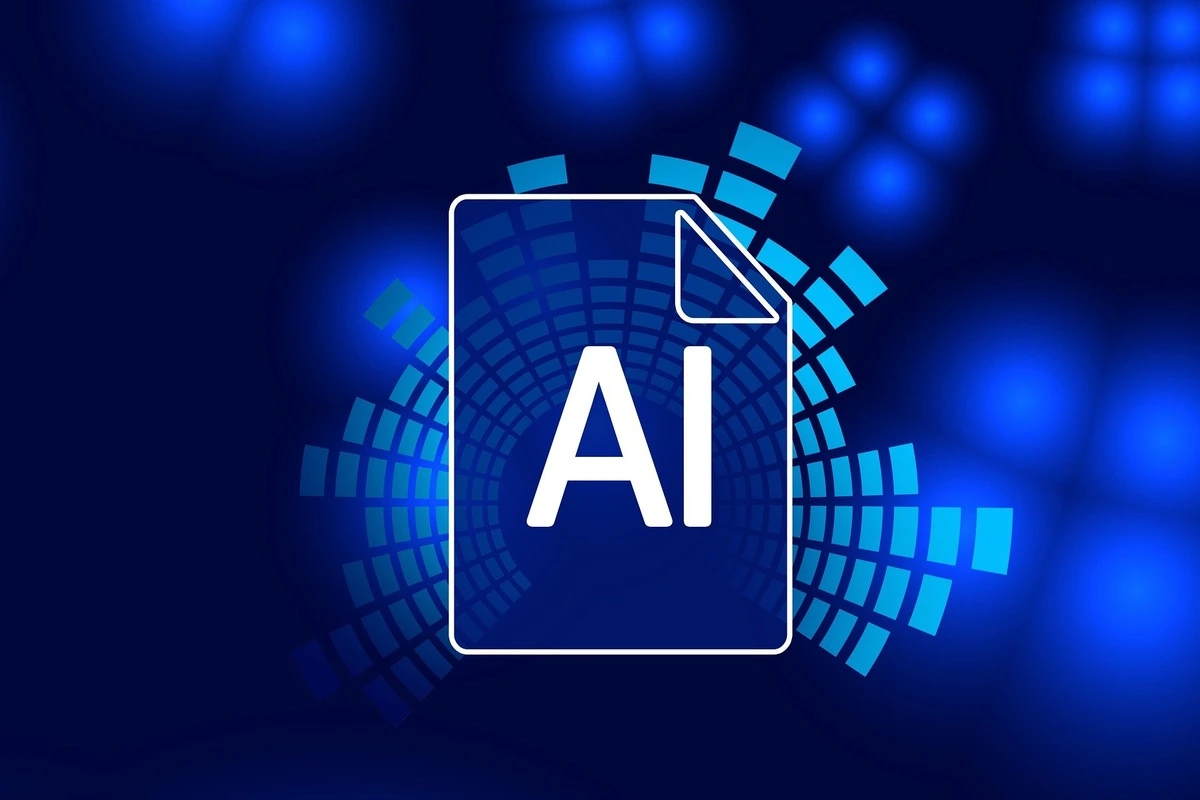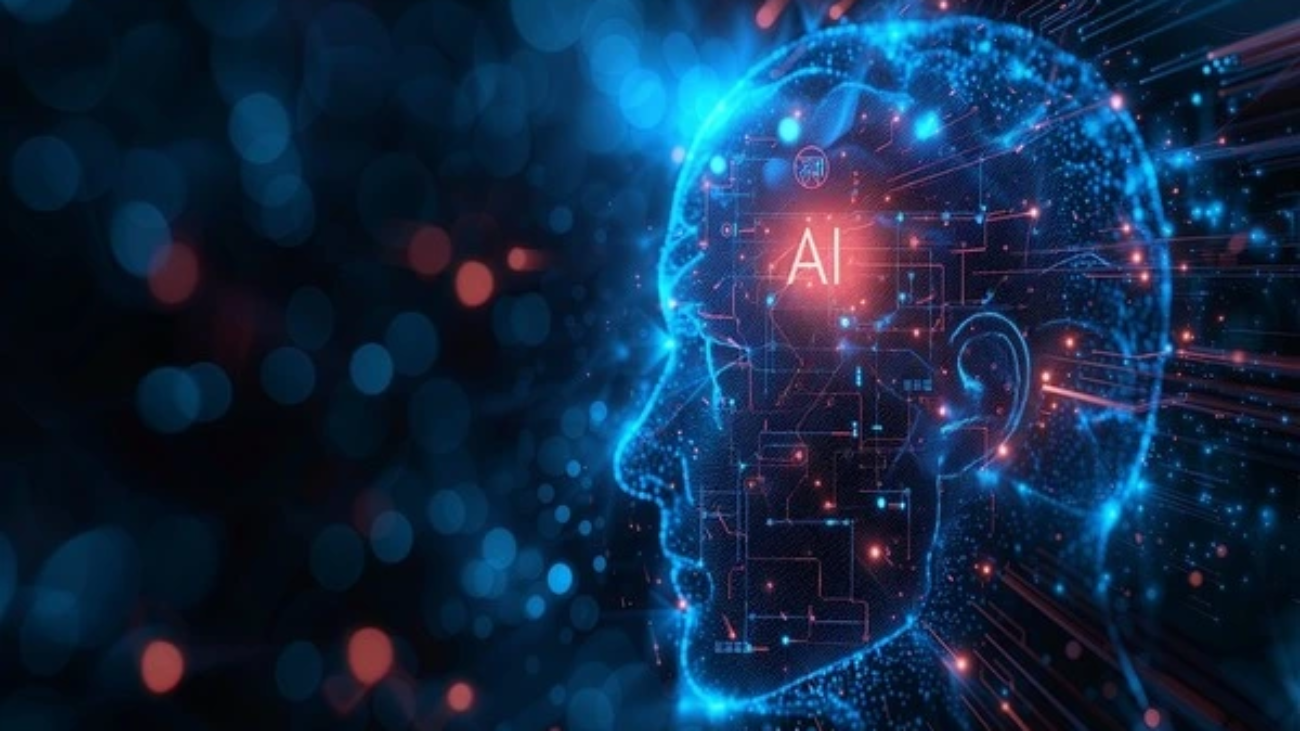Artificial Intelligence (AI) has rapidly transformed from a theoretical concept into a powerful tool that influences various aspects of our daily lives. Its ability to analyze vast amounts of data, learn from patterns, and make autonomous decisions has opened new avenues in technology, healthcare, finance, and more.
This article explores the versatile power of Artificial Intelligence, benefits, applications and challenges.
Understanding Artificial Intelligence
At its essence, artificial intelligence involves creating machines that can mimic human cognitive functions, enabling them to think, learn, and adapt. This encompasses several subfields, including machine literacy, natural language processing, and robotics. By leveraging algorithms and statistical models, AI systems can process data far more quickly and accurately than human beings.

Applications of AI in Everyday Life
AI’s impact is pervasive across multiple sectors:
1. Healthcare
Artificial intelligence is transforming the healthcare landscape by leveraging advanced analytics, enhancing diagnostic accuracy, and enabling tailored treatment plans for patients.Machine learning algorithms analyze medical records to identify potential health risks and suggest preventative measures. AI-powered imaging tools assist doctors in diagnosing conditions like cancer at early stages, improving patient outcomes.
2. Finance
In the finance sector, AI enhances fraud detection and risk assessment. Algorithms can analyze exchange designs in real-time, recognizing inconsistencies that may show false activity. Additionally, AI-driven robo-advisors provide personalized investment strategies based on individual financial goals and risk tolerance.
3. Customer Service
Many businesses have integrated AI chatbots into their customer service systems. These chatbots can handle a myriad of inquiries, providing instant responses and freeing human agents to address more complex issues. This not only moves forward client fulfillment but also reduces operational costs.
4. Transportation
AI is at the cutting edge of changing transportation with the development of autonomous vehicles. These vehicles utilize AI to navigate roads, recognize obstacles, and make decisions in real-time. Companies like Tesla and Waymo are leading the charge, promising safer and more efficient travel.
The Benefits of AI
The advantages of AI are substantial:
1. Efficiency and Productivity
AI systems can work around the clock without fatigue, significantly increasing productivity in various sectors. By automating routine tasks, organizations can focus human resources on more strategic initiatives.
2. Data Analysis
With the ability to process large datasets, AI can uncover insights that would be impossible for humans to find manually. This capability enables organizations to make informed decisions and predict future trends.
3. Enhanced Decision-Making
AI supports decision-making processes by providing data-driven insights. In fields such as healthcare and finance, this can lead to better outcomes, from treatment plans to investment strategies.
Challenges and Ethical Considerations
Despite its numerous benefits, AI presents a few challenges that must be addressed:
1. Job Displacement
The computerization of tasks traditionally performed by people raises concerns almost work displacement. While AI creates new opportunities, there is a need for workforce retraining and education to prepare for future roles.
2. Bias and Fairness
AI systems can sustain existing inclinations if prepared on biased data. Ensuring fairness and transparency in AI algorithms is crucial to avoid discrimination in critical areas like hiring and law enforcement.
3. Privacy Concerns
As AI systems increasingly rely on personal data, privacy concerns arise. Striking a balance between leveraging information for innovation and securing person privacy is paramount.
The Future of AI
The future of AI holds immense potential. As technology continues to evolve, we can expect more sophisticated applications that enhance our daily lives. Innovations in AI are likely to lead to advancements in fields such as climate science, education, and more, making it a powerful ally in tackling global challenges.
Conclusion
The power of artificial intelligence is transforming our world, offering unprecedented opportunities and challenges. As we harness this technology, it is essential to navigate its complexities thoughtfully, ensuring that AI serves humanity’s best interests. By embracing advancement while tending to ethical contemplations, we can open the full potential of AI to create a way better future.



